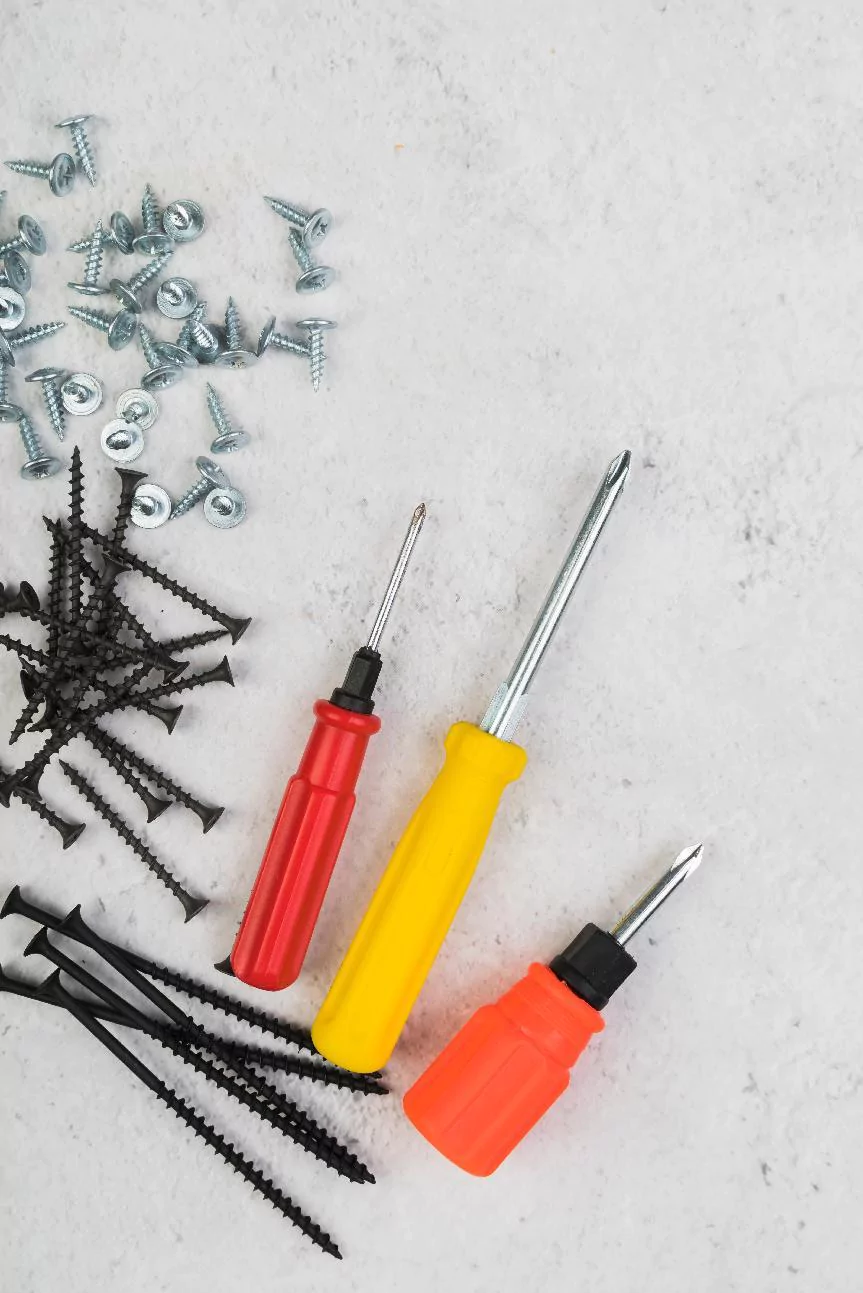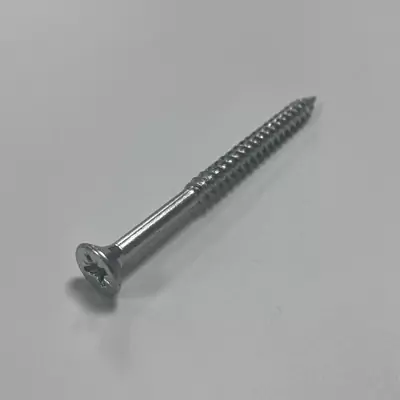caTEGORIES
Tags
What You Need to Know About Drywall Screw Length Selection

Posted: February 25, 2025
Categories: News
Tags: news
Drywall screws are necessary for installing drywall securely and durably. There are different types available for example coarse-thread and fine-thread, which are used for different substrates. Choosing the right length of the screw is important since it will depend on whether the drywall is thick or not, what type of substrate you are using, the load-bearing needs and the environment. The use of an adjustable drill and screwdriver provides a secured and fitted position during the point of installation.
Know the Drywall Screws
Let us see when installing drywall, how to choose drywall screws for the right, secure finish. These screws are specifically made for attaching drywall panels to both wood as well as metal girders, providing a solid hold and keeping them from sagging or coming off after some time.
Types of Drywall Screws
Drywall screws come in different types and are characterized by their thread and intended function. The aggressive tread pattern and coarse-thread design of these screws allow them to grip tightly into the fiber of softer materials, which is why coarse-thread screws are perfect for fastening drywall to wooden studs. On the other hand, metal studs require fine-thread screws since they have a closer thread and can grab onto metal without being stripped.
Materials Used in Drywall Screws
While surpassing the surface will certainly reduce its level, the most outstanding indeed of drywall screws lies in its material selection. Typical materials are carbon steel, stainless steel and some alloys. QEWIT provides fasteners that allow you access to different-grade fasteners that satisfy your project requirement for components or subcomponents. Corrosion resistance, tensile strength, etc. can be affected based on material selection.
Factors Influencing Screw Length Selection
Selecting the appropriate length of drywall screw is critical for effective installation and long-term performance. Several factors must be considered when determining the correct screw length.
Thickness of the Drywall
The biggest consideration is going to be the thickness of the drywall. Drywall typically comes in standard thicknesses of 1/4 inch to 5/8 inch, and the thicker the sheet, the longer the screws need to be to penetrate far enough into the studs. So, for 1/2-inch drywall, select a 1 1/4-inch screw to ensure sufficient penetration into wooden studs.
Substrate Considerations
The screw length is also affected by the type of substrate or stud material. Due to differences in hold and density, metal substrates require short screws than wood. Fine-thread screws are typically shorter than their coarse-thread counterparts because they are used primarily with thinner metal studs to provide maximum penetration without damaging the stud or stripping it.
Application-Specific Requirements
Beyond basic installation needs, specific applications may demand particular screw characteristics based on additional requirements.
Load-Bearing Needs
Drywall screws are built for pressure loads and can hold in load-bearing needs. Screws that tightly secure drywall panels to metal or wood studs provide stable holding that won’t sag or shrink away after some time. If the drywall will be supporting ever a lot more weight — for example, cabinets or heavy lights — then, it is vital to choose screws that will manage increased load requirements. It could also mean going with a larger screw longer or thicker if necessary — to provide the necessary tensile strength and stability.
Environmental Conditions
As well, environmental factors (e.g. moisture exposure) can also affect screw choice. In humid or wet conditions, corrosion-resistant materials such as stainless steel will not rust and will last much longer. Products by QEWIT include high-strength fasteners that offer various finishes ranging from bright zinc plate (BZP) to withstand corrosion despite a harsh environment.

If you are looking for trusted solutions in drywall installation in that case, you can check out QEWIT. From woodscrews & drywall screws to fittings, they cater to a wide array of items suitable for your project needs with top-level customer service and technical support.
Installation Techniques and Tools
Proper Drilling Techniques
Understanding how to drill drywall screws is crucial for achieving a tight fit without stripping the screw or damaging the drywall and studs. Wherever you need the adjustable torque for the screw, you should always use a drill with an adjustable clutch. It also prevents damaging the drywall face with an overdriven screw, where the screw head is driven past the surface of the drywall. Also, if you are using metal studs with these screws, it would be a good idea to pre-drill your pilot holes. These holes naturally guide the screw into place so that there is limited misalignment or slippage during installation.
Recommended Tools for Installation
The right tools are important to help guide you in hanging drywall screws. Speed and torque control comes from a reliable power drill or screwdriver with adjustable settings. For the pros, a drywall screw gun can be an even better choice since it has been designed to fasten screwing at an optimal depth quickly and efficiently. Additionally, a tape measure (for measuring placement), and level to make sure your panels are aligned is also recommended.
QEWIT Product Recommendations for Drywall Applications
QEWIT’s Range of Drywall Screws
QEWIT has an extensive specification for drywall screws for different project requirements. They provide exceptional quality and durability with their products, which hold firmly in metal and wood substrates. The range covers coarse-thread screws for wood applications and fine-thread screws for metal studs for diversity in different peak installation conditions. Although the fasteners are competitive, QEWIT has designed them with a range of high-grade options obtainable to increase the production process for specific project requirements.
Selecting the Right QEWIT Screw for Your Project
The selection of QEWIT screws depends on many factors: the compatibility of the material with the screw, environmental conditions, load-bearing requirements, etc. On projects that experience humid environments or where rust resistance is a key consideration, stainless steel screws provided by QEWIT are a very good solution for preventing rusting. Besides, it can also be a good idea to select longer or thicker screws for added tensile strength and stability, especially if heavy fixtures are attached or added support such as anchors is being performed.
Discover QEWIT today for dependable solutions in drywall applications. They provide best-in-class overall performance and heaps of customer support and technical support to help your challenge be successful.


